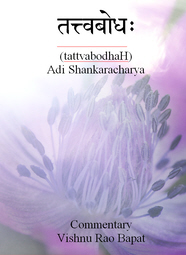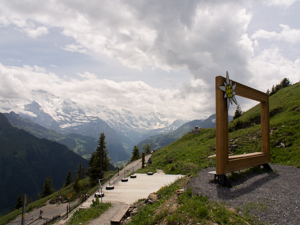Why doesn’t philosophy take into account non-western theories of justice?
There are two notions that are intimately involved and interconnected on this topic (justice) as seen from the Eastern perspective: 1) Dharma (Law), and 2) Ishvara or the creating and controlling aspect of God or the absolute reality. I will not cover here Confucianism or the far East – only India.
The notion of DHARMA is paramount in the Eastern philosophical-religious traditions alluded to above and is used in many combinations of words. The main meaning is ‘law’ or ‘order’ as it exists in the universe. Rather than man-made, it is a divine ordinance or, alternately, a cosmological law that maintains all things in equilibrium; as such, it cannot be far distant from the Western idea of justice (‘law and order’ and all its derivations and conditionings). It is a universal law from which nothing can deviate (literally, ‘what holds together’), whether it is in the social, the individual, or the moral realms.
Continue reading


